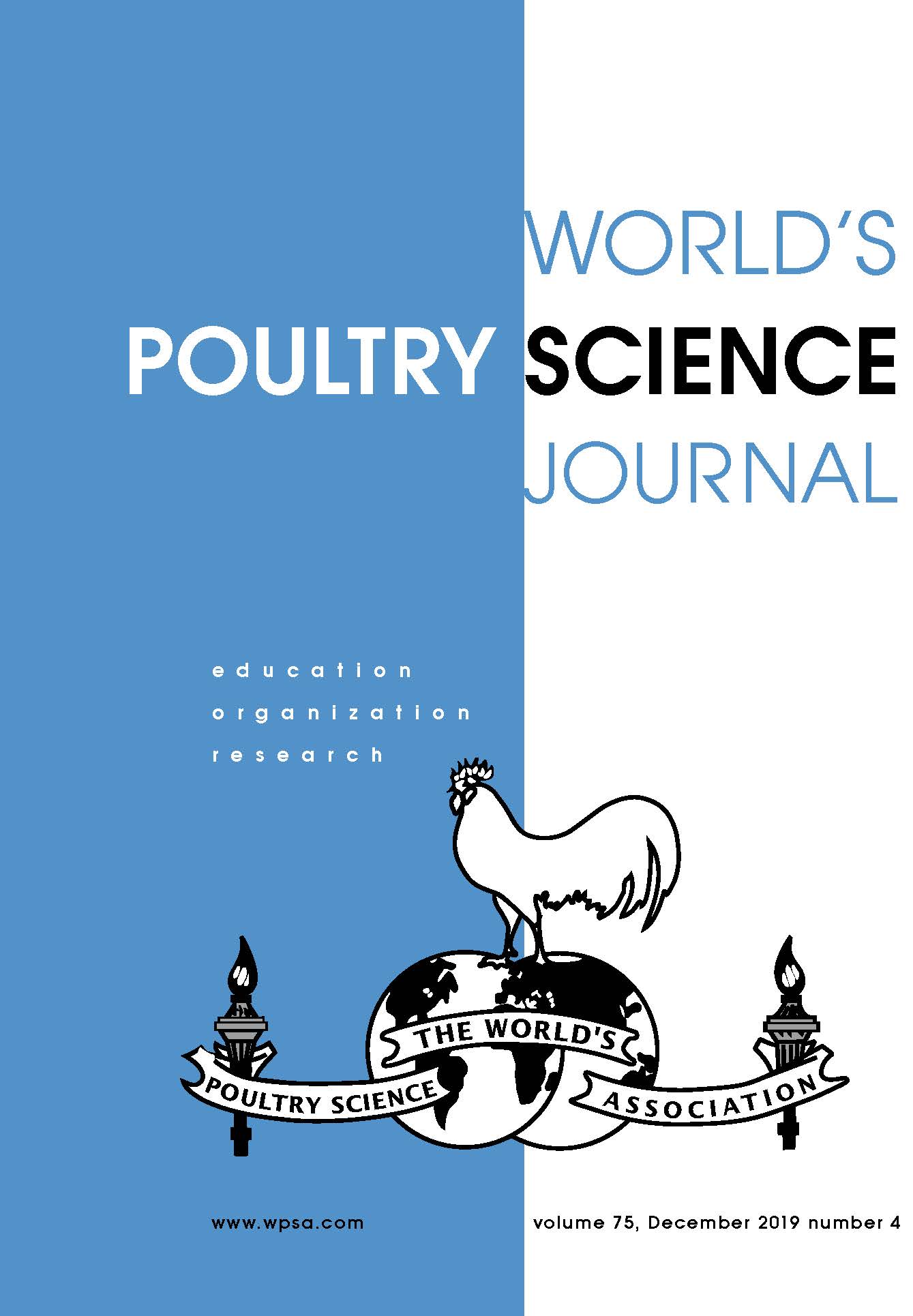Article contents
Impact of ambient temperature and age on dietary lysine and energy in turkey production
Published online by Cambridge University Press: 18 September 2007
Abstract
The commercial turkey market changed during the last two or three decades from predominantly whole turkey to mostly further processed products as consumer demand for breast meat and convenience increased in most western countries. Turkey operations focus on selection in breeding, management, and feeding programs to obtain a high breast meat yield. Main factors that affect breast meat yield are age, weight, sex, strain, genetic selection, and nutrition. The degree of influence by these factors on breast meat yield is highly dependent upon environmental conditions, especially ambient temperatures. This review deals with the response of commercial male turkeys on dietary lysine to energy ratios in moderate and hot climate conditions. A range dietary lysine to energy ratios have been determined to be optimal during each successive four-week period after hatch: 1.12 to 1.65, 1.10 to 1.36, 0.76 to 1.15, 0.64 to 0.81, and 0.53 to 0.86 g dietary lysine per MJ of ME, respectively). These optimum ranges in lysine to energy ratios are partly due to the continuous changes in genetic potential for growth and environmental effects on feed intake. Commercial male turkeys weighed about 18.5 kg at 140 days of age with a feed: gain ratio of 2.6 in 2001, as compared to about 8.0 kg at 220 days of age with a feed: gain ratio of 3.0 in 1966. Moreover, there is clear evidence in scientific literature that feed intake, and thus protein intake is negatively affected by short or long periods of heat stress in moderate and hot climates, respectively. Although some research included ambient temperature as a treatment variable in nutritional requirement studies with turkeys, most have been conducted at moderate temperatures. Feeding turkeys to minimize the adverse effects of heat stress is a big challenge for the modern turkey industry. More research is needed to better understand the relationship between dietary energy and lysine at different climatic conditions.
- Type
- Reviews
- Information
- Copyright
- Copyright © Cambridge University Press 2002
References
- 7
- Cited by


